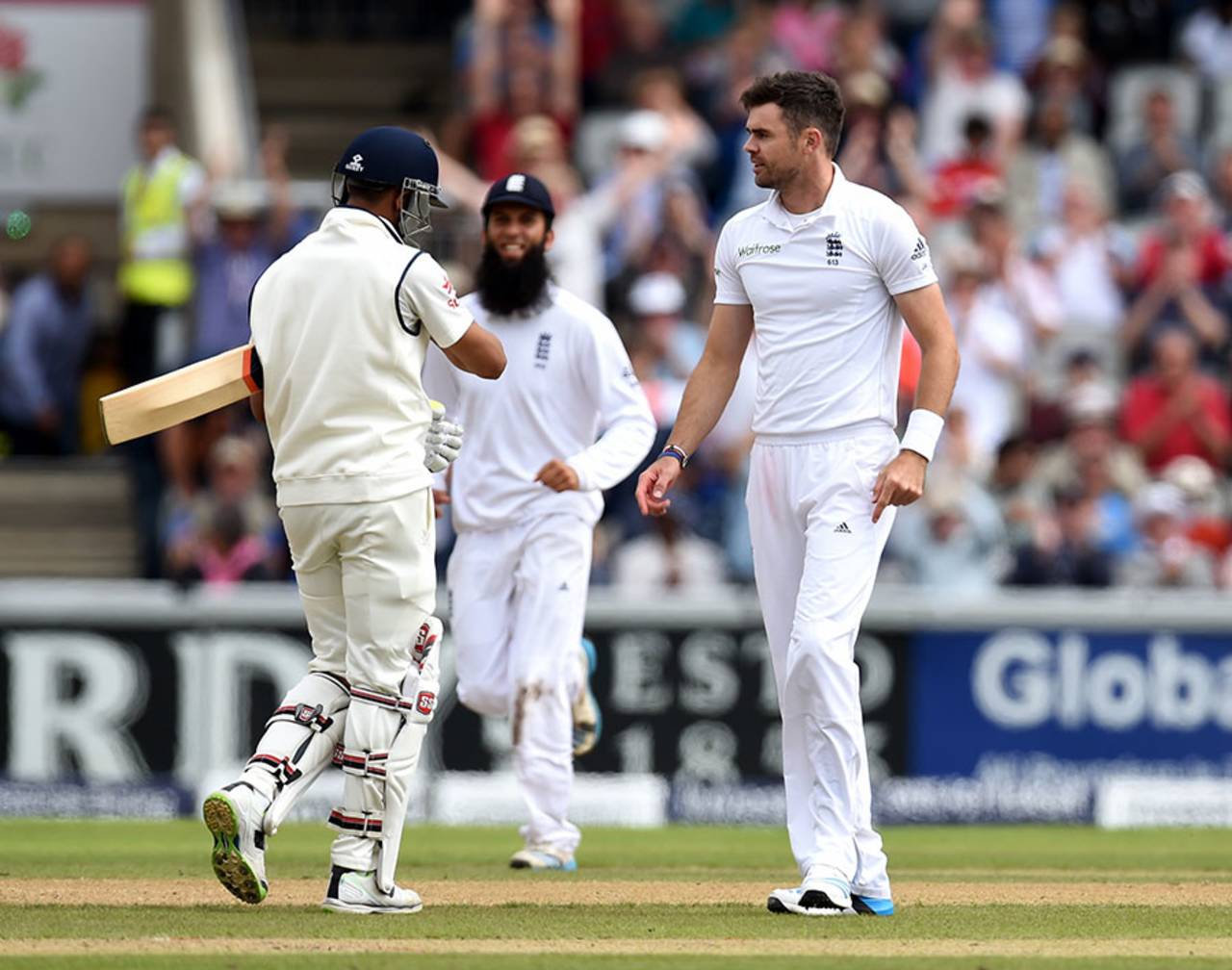The power of booing
It has value when used against players who have transgressed - particularly if they have somehow offended the spirit of the game
Jonathan Wilson
01-Sep-2014

Booing is justified so long as fans believe the players in question crossed the line • Getty Images
When the German football team arrived at the Estadio Mineirao in Belo Horizonte for their World Cup semi-final against Brazil this summer, they were jeered. Even in the stadium, as the big screens showed several, serious tracksuited young men getting off a coach, there was a rumble of unanimous booing. When they trotted out onto the pitch to warm up, there was more booing. It was that attitude that made many journalists secretly hope Germany would beat Brazil, as of course they did, by the improbable scoreline of 7-1.
I'm not against booing. In fact, I think booing is an essential part of sport. But booing must be respected. Boos can't be wasted or the practice abused. Boos express displeasure or distaste; they're a way for a crowd, for the public, to make its opinion clear. (Although that modern vogue for chanting "Rooooot!" in approval at Joe Root, following the similar "Luuuuuke!" for Luke Donald in golf, and "Poom" and "Kanu" for Mart Poom and Kanu in football has made the sound slightly more ambiguous than it once was. The golfer Boo Weekley, of course, makes things even more complicated, but the forenames of American golfers are far too contentious a subject to get into here.)
Let's think about what that booing of the Germany team meant. The Brazilian crowd booed them getting off the bus. So, logically, that meant they disapproved of them arriving. But if they hadn't arrived, there wouldn't have been a game; those fans would have paid significant sums of money for tickets for a match that didn't happen.
There are times, of course, when cricket fans are quite happy for the game not to happen, but that tends to be in very specific circumstances - usually when it helps a team playing out for a draw. At The Oval in 2005, for instance, England fans cheered the rain, but only after England had got into an awkward situation: nobody wanted the game to be washed out completely, even though that would have secured England the Ashes. There was still a demand for some sort of spectacle and the story of that summer was immeasurably enriched by Kevin Pietersen's 158.
Were Brazil really so desperate to get to the final that they'd rather have got there by a walkover than by playing the game? Perhaps they were, but if that's the case, what does that say about their fandom? What does it say about their appreciation of the game itself? If it had been Argentina, Uruguay even, teams with whom Brazil have a clear rivalry, it might have made sense, but to howl in outrage at another team turning up, even if it's a very good one, is both absurd and against the whole notion of sport. To win on those terms is hardly to win at all; they may as well have tightened immigration procedures a week before the tournament started to prevent any other side getting in.
Good booing is essential to the moral framework of spectator sport. There are certain things that are wrong that cannot be legislated against and it's the booers' job to point that out
Booing should be reserved for those offences that deserve it. Now, of course, what "deserve" means very much depends on your definition of deserving. James Anderson and Ravindra Jadeja have both been booed this month, the former by India fans, the latter by England fans, for their parts in the same incident. Which, if either, actually merits disdain can be debated endlessly, but what both have learned is that their conduct was not appreciated by at least some of the people who watch them. Whether they agree with that or not in a sense matters less than the fact that irritation has been expressed: if it makes them modify their behaviour in a positive way, so much the better.
Booing is an incredibly powerful tool. It's not abuse, it's not offensive, but it gets the message across. But as such it must be used sparingly. Booing is for players who have transgressed. They might not actually have broken a law or a regulation - that's what fines and suspensions are for - but if they have somehow offended the spirit of the game (that most nebulous of concepts, particularly in cricket), then booing is an appropriate and proportionate response. A player leaves for your closest rivals: boo him. A player claims a catch he knew he'd taken on the half-volley: boo him. A player batting for a draw changes his gloves three times in 20 minutes: boo him.
Good booing, in fact, is essential to the moral framework of spectator sport. There are certain things that are wrong that cannot be legislated against and it's the booers' job to point that out. But that brings responsibility. You can't boo a player who is having a bad run of form (England footballers at Wembley), you can't boo a player for having a "slightly annoying face" (Ricky Ponting in 2009), and you certainly can't boo the opposition for turning up (Germany in Belo Horizonte).
Booing is a powerful and necessary weapon but we have an obligation to use it wisely.
Jonathan Wilson writes for the Guardian, the National, Sports Illustrated, World Soccer and Fox. @jonawils